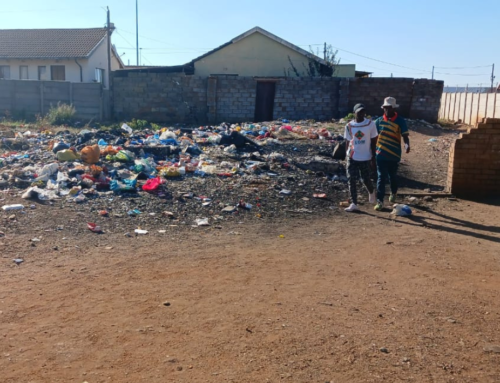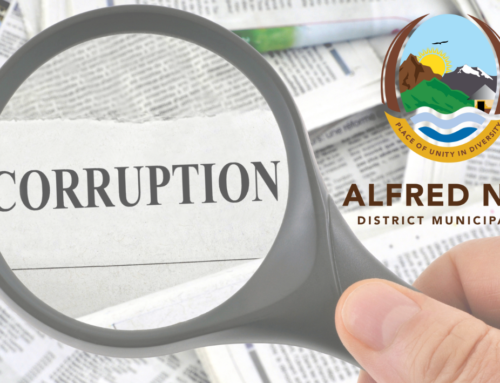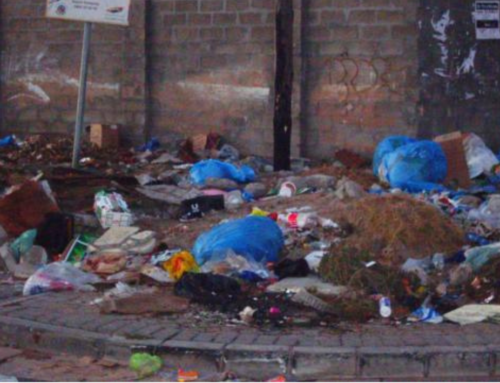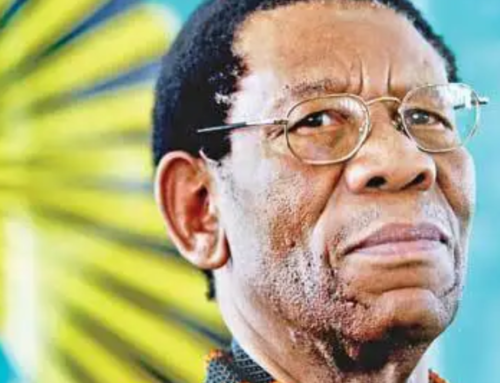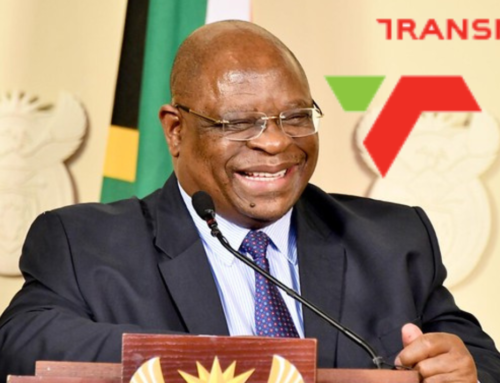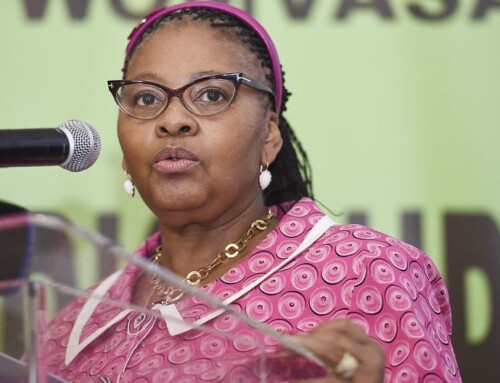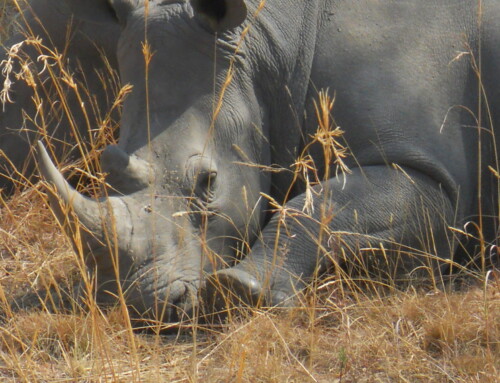

Mr Bantu Holomisa, MP
UDM President
• Members of the Current Media Forum
• Our host, Mr Peter Ford
• Ladies and gentlemen
1. Thanks
Before we go into the nitty gritty of our conversation, I want to thank the Current Media Forum and Peter Ford for inviting me to have this chat.
2. Introduction
We certainly live in interesting times, even though much of the news we consume these days is nauseating. Waves of news about corruption and wrongdoing, both in the private and public sectors, break over our heads.
However, if one takes a step backward for a moment, I think it is a good thing from the perspective that lancing a boil is better than letting it grow and fester until it explodes.
Also, we must acknowledge the active role that the media, civil society and opposition parties play in exposing corruption. This is a sign that our constitutional democracy is functioning well, which is another bit of good news.
3. The waves of corruption: the PIC example
At the risk of sounding like a pessimist, I want to paint a gloomy picture of the allegations of corruption at the Public Investment Corporation (PIC). Not only have the media done its work here, but the United Democratic Movement (UDM) played a role in exposing some of the alleged corruption.
From our view point, the situation at the PIC makes the dishonesty and exploitation with Guptagate look like, if I can coin my own term, “Mickey Mouse Corruption”.
Not only because billions of rands are involved, but also in terms of the wide web of “connected” people and entities implicated.
At face value the “connected people” received preferential treatment in accessing vast amounts of money at the PIC. The practice of “facilitation fees” also seems to be one of the big bleeders. One of the others, for example, is the madness of investing in a dilapidated Mozambican oil refinery plant that is not operational, years after a massive cash injection from the PIC.
Just as with the corrupt mess at the VBS Mutual Bank, there are hundreds of thousands of ordinary South Africans being ripped off and their financial futures are compromised.
3.1. Mpati Commission of Inquiry
The UDM has welcomed the appointment of Justice Lex Mpati as the head of the commission of inquiry into the allegations of corruption at the PIC. We are of the view that the commission’s terms of reference are wide enough to give Justice Mpati and his two colleagues a lot to chew on.
We do however hope that this commission is different to those we have had in the past where they take longer than expected to conclude their business. The deadline President Ramaphosa has given them must be stuck to; come hell or highwater.
4. State of politics in South Africa
The good old days of the “new” South Africa has rapidly faded away during the past few years.
At least the light at the end of a very long tunnel started showing with the election of President Ramaphosa, a leader who appears to be palatable to most South Africans.
Although we have seen some of the positive actions from his office we must be realistic. Two decades of damage done by his ruling party, cannot be reversed in a few months, no matter who is at the helm.
Also, given the infighting in the ruling party and that it will possibly not win an outright majority in 2019, there is absolutely no guarantee that Mr Ramaphosa, or any of the key cabinet ministers, will return to office. In fact, we might even have a mixed cabinet, should a coalition government be formed.
Time will tell what President Ramaphosa’s legacy will be, but we can safely say that, at the heart of it all, there has been a leadership crisis. We do not have sound leadership in government to articulate the interests of South Africans as a Nation.
Officially, we have thirteen political players in the field, based on the dictates of the electorate in 2014. We however have what one might call “majoritarianism” – that a Society is made to believe that there are only three players in the field.
I am yet to read a newspaper covering the Nelson Mandela Bay Municipality that refers to it as a “UDM-led municipality”. I even forget that Ekurhuleni has a coalition government, because it is always referred to as an African National Congress (ANC) municipality.
All the other metros where the Democratic Alliance (DA) governs, through coalition, are referred to as “DA municipalities”. Frankly put they don’t even attempt to say “DA-led municipalities”. In our view, quality has been replaced by numeric definition.
In essence, we wish that media would spend more appreciation to other parties in the effort to promote a multi-party democracy.
It is notable, that at face value, the only parties which seem to be stable or more free of scandals are the so-called small parties. Looking deeper into the public discourse, these so-called large/big parties are consumed by internal and external conflicts.
5. Possible coalitions come 2019
Like all other “interesting times” there are so many variables which makes it rather difficult to read the political landscape of South Africa to make any predictions.
However, there seems to be emerging consensus that there will be no outright winner of the 2019 national and provincial elections. This must not be read as a negative but rather as a positive outcome of a flourishing democracy. This outcome would promote checks and balances that are needed in South Africa, given the current corruption that we are experiencing due to the current one party dominance in both national, provincial and local governments spheres.
Of course, the phenomenon of coalition governments in South Africa is not new. The first democratic government post-1994 was indeed an example of coalition government i.e. the Government of National Unity (GNU).
The difference between the GNU and all coalitions thereafter is that it had been regulated, whilst all others had no regulatory mechanism and were therefore managed “loosely”.
Therefore, using the GNU example, future coalition governments must be regulated along the lines of the 1993 Constitution. Given the experience gained, as well as learning from other countries where coalition governments flourish, we can agree on a practical, and regulated system of governance.
The UDM will not tolerate any coalitions that will allow it to be bullied or swallowed up by larger parties, who think they have the outright governing rights. A party who attempts to bully and swallow, the parties they are in coalition with, clearly shows their unwillingness to respect basic principles of democracy.
6. Closure
As people interested in the future of South Africa, the matters that I have mentioned, amongst many others, occupy our minds.
We try to predict what the political dispensation will be post-2019 and onwards and, as I have said, the factors that impact on our future change daily and we must realise that this is an open game.
We will all anxiously watch the scoreboard to see what happens in the next six or seven months.



